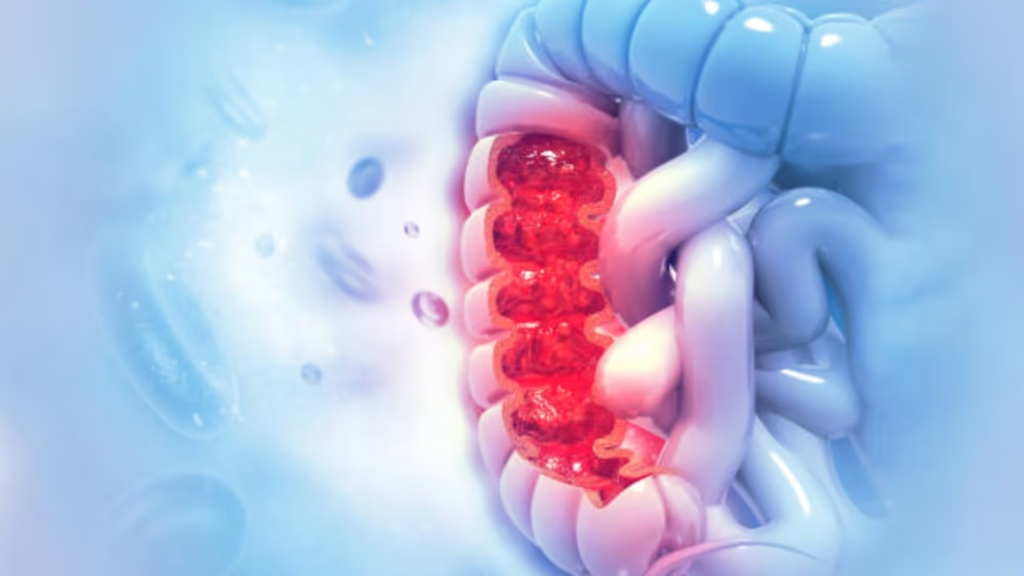Colon Cancer Surge in Young Adults
Colon cancer, traditionally associated with older adults, is now increasingly affecting younger generations. This shift in demographics is concerning, as those born in 1990 face double the risk of developing colon cancer compared to individuals born in 1950. The reasons behind this trend are not entirely clear, but lifestyle factors, diet, and genetics may play significant roles.
Recognizing the Warning Signs
Early detection of colon cancer significantly improves treatment outcomes and survival rates. Therefore, awareness of the warning signs is crucial. Key symptoms include changes in bowel habits, such as diarrhea or constipation that persists for more than a few days. Rectal bleeding or blood in the stool should never be ignored, as it can indicate a serious condition.
Abdominal Pain and Unexplained Weight Loss
Persistent abdominal pain or discomfort, including cramps or bloating, can be a symptom of colon cancer. Additionally, unexplained weight loss without changes in diet or exercise routines is a red flag that warrants medical attention. These symptoms can often be mistaken for less severe conditions, making awareness and prompt action vital.
The Impact of Persistent Fatigue
Another critical symptom is persistent fatigue. While fatigue can result from various factors, when combined with other symptoms like weight loss or changes in bowel habits, it may indicate colon cancer. Young individuals experiencing these symptoms should seek medical evaluation to rule out serious conditions.
Importance of Early Diagnosis and Awareness
Raising awareness about colon cancer symptoms among young adults is essential for early diagnosis and improved treatment outcomes. Regular screenings and prompt medical consultations can lead to early detection, which is crucial for successful treatment and increased survival rates.
